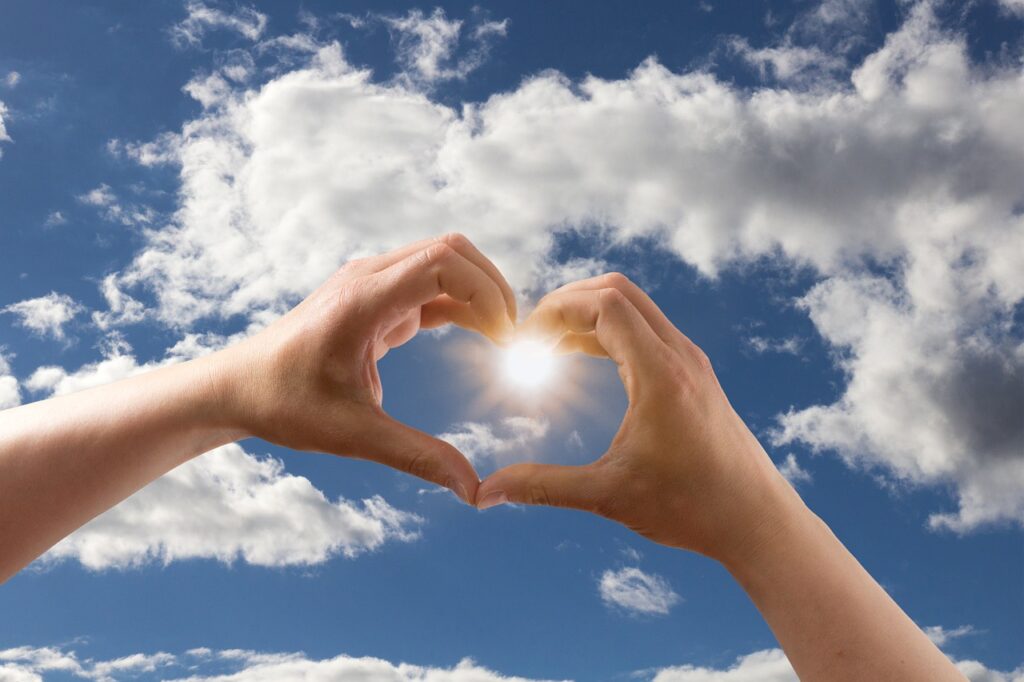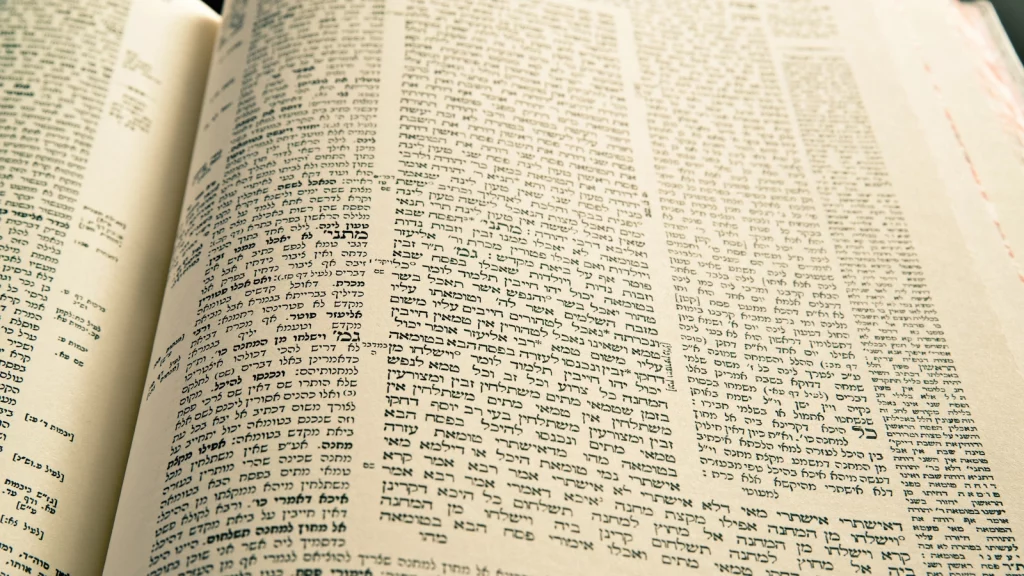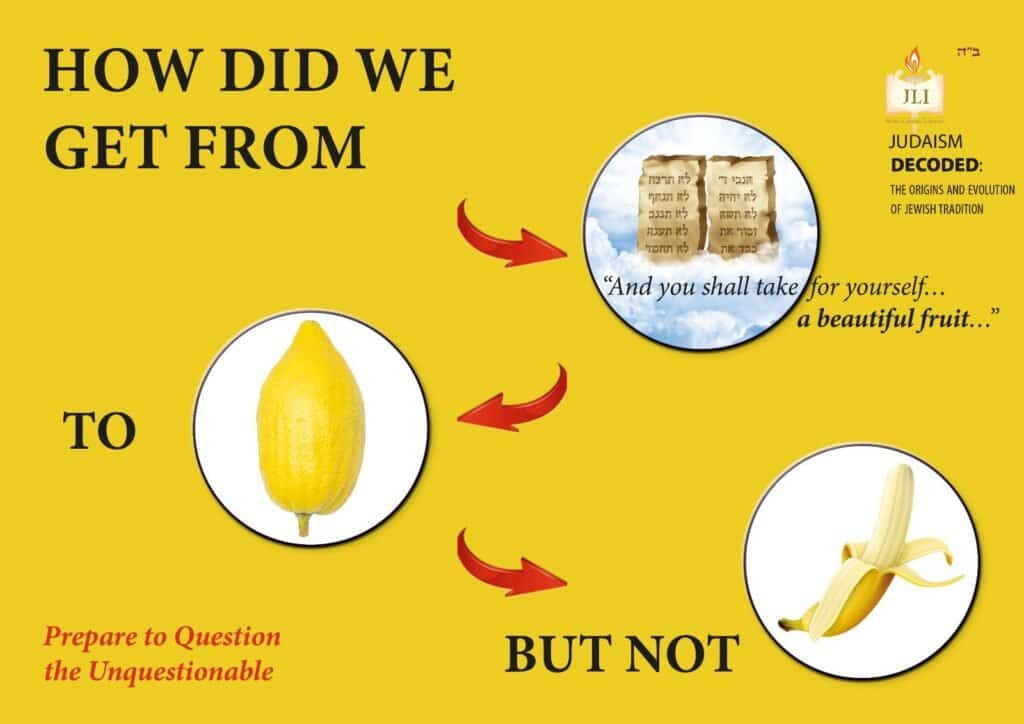Last month I wrote about the perceived notion that Jews are obsessed with the past, and perhaps for justifiable reasons. This month I wish to write about the need to become obsessed with the future.
The most obvious point about the future, is that it depends on the present and what we do now to ensure future events and outcomes. This premise is contingent upon us believing in a future, for if we lose hope in a future then we will no longer plan for it.
One of the first conversations that G-d had with Abraham was one predicting a great future for his descendants and ever since then our Jewish prophets have always spoken about a future; sometimes a future of gloom, but very often a future of happiness and contentment.
When speaking about the future one can either be optimistic or hopeful. What is the difference? We tend to use the words “hopeful” and “optimistic” interchangeably. But they’re actually quite different. Hope is a sense that things can be made better through action, while optimism is a belief that everything will be okay.
Whilst within Judaism there is a time to be optimistic, and generally that is when we feel totally powerless and need to place our full trust in G-d, I think there is a much greater emphasis on being hopeful.
“The Greeks gave the world the concept of tragedy. Jews gave it the idea of hope. The whole of Judaism – though it would take a book to show it – is a set of laws and narratives designed to create in people, families, communities and a nation, habits that defeat despair. Judaism is the voice of hope in the conversation of mankind.”
The late Chief Rabbi Jonathan Sacks
Rosh Hashana is not the day on which we celebrate the creation of the World, but rather the creation of Adam, the first man.
There is a fascinating Rabbinic discussion regarding a “conversation” that G-d had with the Angels before He created man:
“When the Holy One, blessed be He, came to create Adam, the ministering angels formed themselves into groups. Some of them said, “Don’t create him,” while others urged, “create him.” Lovingkindness said, “Create him because he will do acts of loving kindness.” Truth said, “Don’t create him, because he is full of lies.” Justice said, “Create him because he will perform acts of justice.” Peace said, “Don’t create him, because he is full of conflict.” So, what did G-d do? While the angels were arguing and disputing with each other, the Holy One created the first human. G-d said to them, “Why are you arguing? Adam has already been created.”
So why was man created? Because G-d was hopeful that ultimately, we human beings will do the right thing.
Hope is a deeply rooted Jewish practice. In order to hope, we must believe in the possibility of change. We must be able to see ourselves and other people as change agents. Practicing hope requires vulnerability, putting ourselves on the line, taking a risk. Real hope is a commitment. Ultimately, hope is an act of faith. A great thing about it, though, is that we can practice hope even when faith is difficult, and this applies of course to the hope of our collective redemption; a basic tenant of hope as articulated by the RAMBAM.
“I believe with complete faith in the coming of Moshiach, and although he may tarry, nevertheless, I wait every day for him to come.”
What a remarkable “hopeful” relationship we have with G-d. He has hope in us and we have hope in Him.
On a more local level we see that certain individuals have invested large amounts of money, time and effort in the hope that our community will be strengthened. These people are not prophets of gloom and doom, but rather of hope and glory. New opportunities have been created in the expectation that Jews will take advantage of them and connect more to their Jewish heritage and play their part in making our community a little bit stronger, vibrant, connected and the world a little more G-dly and special.
With the above in mind, we need to reject the voices of negativity and despair and need to look towards building and not closing or giving up. Closure is always a sign of decline.
Hope is not about a dream that has no place in reality, it is however, about making things that seem difficult to achieve, become a reality and this can only be achieved if we believe in a future.
Judaism is not about the past, but rather about a future that depends on what we do today.
Where there is hope there is life. There may be much to despair about but let us not neglect that we are also blessed with a capacity to practice hope. Hope is active and empowering. Practicing hope is our sacred task in the process of our own personal and communal redemption and certainly in the final Redemption, that should happen very speedily. And if not, never stop hoping.



